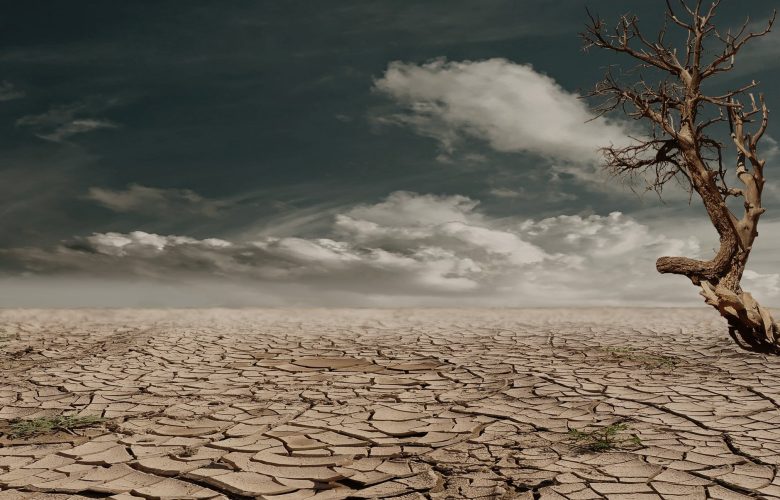Climate change has fast become a hot topic for debate, on one hand it has been touted as an unfortunate anthropogenic consequence which must be mitigated by the united and deliberate effort of every nation. Conversely, the argument is that there is nothing unusual or human induced about what is happening and that climate change is simply a part of the earth’s natural cycle of heating and cooling. To continuously reduce emissions, The United nations framework convention on climate change has developed the concept of carbon credits and carbon trading system. Carbon credits are produced when a country can operate below its emissions target, or directly or indirectly engage in carbon offsetting practices such as reforestation. However, the agreement has three mechanisms, to facilitate those energies for which is not feasible to reduce or limit emissions. The first is emissions trading, the second is Joint Implementation mechanism and third is the Clean Development Mechanism. Under the CDM, developing countries including small and developing states play those of the Caribbean are set to benefit significantly. However, critics on the CD M posits that system has too many loopholes which can derail the objectives of reducing global emissions, and which also have devastating effects on the developing nations.




